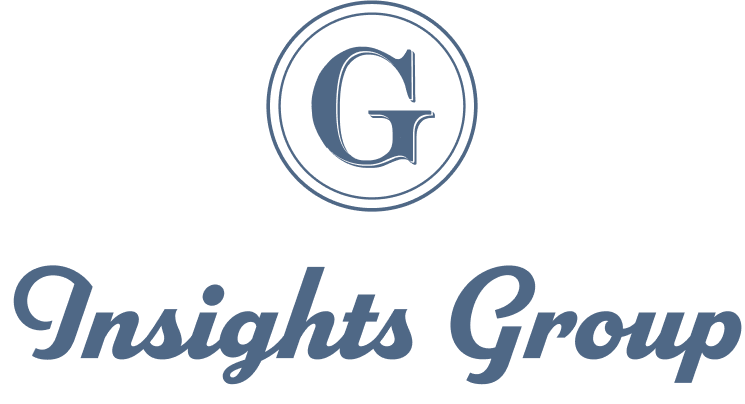Slowing Wage Growth In Hungary’s Economy

Slowing Wage Growth In Hungary’s Economy
Hungary’s economy pay growth in the private sector continued to accelerate. However, the overall gross average salary growth slowed to an annual 16.7% in November from 18.1% in October. This indicates that the labor market remains tight even as the economy slows.
Inflation has yet to peak in certain countries, such as Hungary, where annual inflation ran at 24.5% in December. However, central banks in Central Europe have finished or are attempting to end policy tightening after strong rate hikes to combat inflation.
In Hungary, private sector pay growth continued to pick up steam, increasing to 18.7% from 16.8% in September and 18.2% in October. The government and employers agreed upon a 16% increase in the minimum wage for 2023; this will impact salary decisions as the year begins.
While this year’s salary growth will be 15%, the overall wage growth for 2022 will likely exceed 17.5%. However, if there are any intermediate wage increases like last year, this may be even higher.
According to the Central Statistics Office (KSH), the increase in the minimum wage last year and already anticipated salary increases and supplemental increases all contributed to the wage gain in November 2022.
The central bank felt less pressure after data released last week revealed that wages in the Polish business sector increased less than anticipated in December, sustaining double-digit advances but displaying the second-slowest growth rate in 2022.
Japan Lowers Its Economic Outlook
For the first time in 11 months, Japan reduced its outlook for the global economy in January as China’s COVID-19 infections and a slowdown in demand for technology and semiconductors affected exports, particularly to Asia.
The third-largest economy in the world should improve in the future. Still, Japan must pay close attention to the impact of China’s expanding diseases as a result of China’s removal of strict pandemic limits, according to the report. The most recent assessment from the Cabinet Office states that “the economy is rebounding moderately but some weakness is noticed recently.”
For the first time in three months, the authorities decreased their opinion of imports and their assessment of exports for the first time since November 2011. According to the January report, exports and imports have both “weaken recently” as opposed to the previous estimate of “nearly flat” from the previous month.
Amid monetary tightening, inflation, and changes in the financial markets, the government also continued to be wary of the potential negative effects of the global economic recession.
In the meantime, the Cabinet Office upheld its estimate of domestic demand in Japan, stating in the most recent report that private consumption was “growing up modestly.”
However, the government maintained its assessment from December that the recovery in industrial production was slowing.
The post Slowing Wage Growth In Hungary’s Economy appeared first on FinanceBrokerage.




